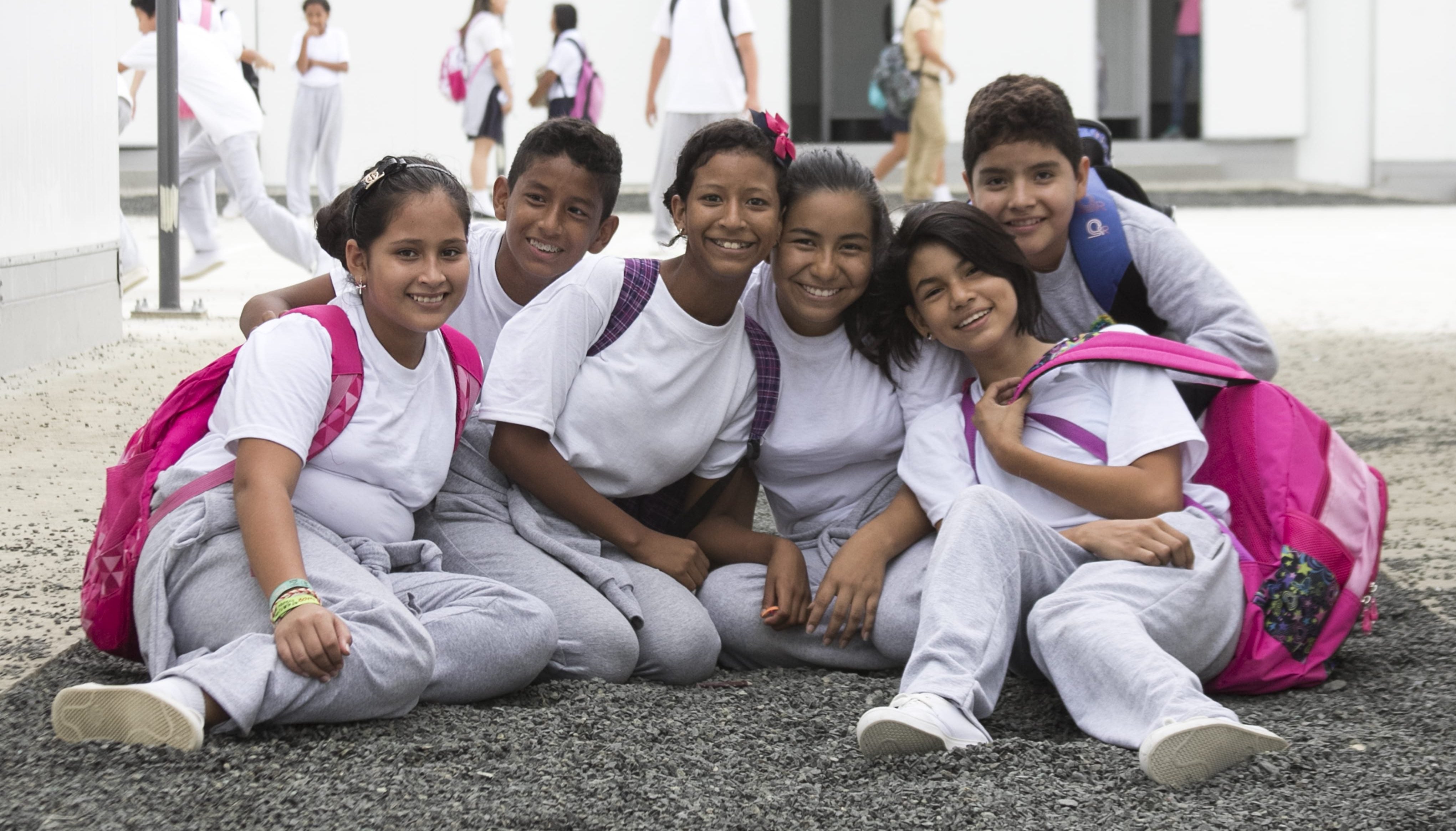A couple of weeks ago my oldest daughter showed up at home with a couple of friends on Saturday. Upon arrival, he asked me for the tablet. Of course, as the responsible father that I am, my first reaction was to ask her why they wanted it. Her answer surprised me; I quickly replied that of course she could use it.
The three of them had to make a video for their Spanish class in which they explained a recipe that they had to cook together. They started by making a script, the papers were distributed, and they got down to work. They took turns filming, explaining and making the recipe. It was a team effort that took them all afternoon. When finished, they had a good video and, as an extra bonus, a delicious dish. The most fun is that the video ended with my two other children, who were recruited as judges on the quality of the recipe. The two appeared, very serious, eating delicious macaroni with tomato.
New technologies allow us to work differently and make it easier for us to face complex problems with several stages. Teamwork and collaboration in long tasks in which it is necessary to plan, execute and document are fundamental teaching and learning mechanisms in today’s schools. These tasks and technologies prepare our students for a future in which they will have to perform tasks characterized by complexity, interconnectivity and uncertainty.
Social skills, for example, the ability to relate, collaborate and work with others to solve problems of all kinds, have become as important or more important than academic competences.
The results of the first PISA international assessment on social competences presented by the OECD today show that schools and families play a fundamental role in their development.
This new test assesses the abilities of 15-year-old students to solve problems collaboratively; that is to interact, relate and work as a team to find the best way to face a challenge in a specific context.
Latin America is once again at the bottom of the PISA ranking of social competencies. Chile is the country with the best results, followed by Costa Rica and Uruguay.
It is tempting to think that you can be very socially skilled, despite not demonstrating academic skills in areas such as science, math or reading. However, the evidence points to the opposite: those students with good academic results tend to obtain better results in social skills.
Considering their poor results in science, math and reading, and therefore focusing on social competences, Costa Rica and Peru achieve a score that would be expected in the test, as the OECD average. In contrast, Mexico, Chile, Colombia, Uruguay and Brazil obtain worse results in social competencies than would be expected considering their results in the other subjects (science, mathematics and reading). Some of the countries with the best results in science, such as Singapore or Japan, achieve even better results in social competencies.
My children have access to technology, good teachers and good public schools, but not all children in our region have the same opportunities. The new PISA results are an important wake-up call. The challenge is enormous and the need urgent. Schools and families can do much more than they have done so far. But the first step to solving a problem is to recognize the magnitude of it.
It is necessary to start a conversation in Latin America about social competencies, their relevance for the future and how to promote them from governments, schools, teachers and families. For this we invite you to visit our CIMA portal where you can find information that can facilitate and guide this dialogue.



Leave a Reply